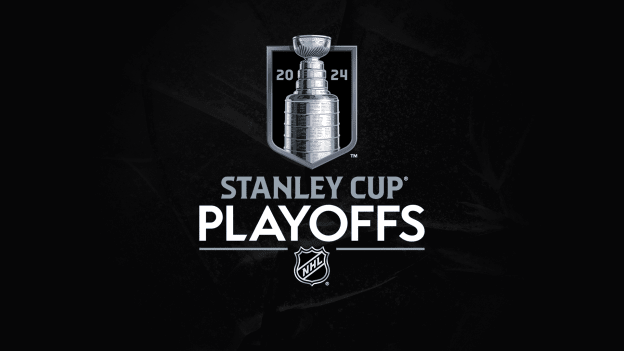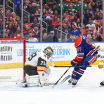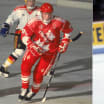VANCOUVER -- The Vancouver Canucks were eliminated from the Stanley Cup Playoffs by the Edmonton Oilers with a 3-2 loss in Game 7 of the best-of-7 Western Conference Second Round on Monday.
The Canucks have not advanced beyond the second round of the playoffs since losing Game 7 of the 2011 Stanley Cup Final to the Boston Bruins.
Vancouver (50-23-9) finished first in the Pacific Division and qualified for the playoffs for the first time since 2020. It defeated the Nashville Predators in the opening round in six games and held a 3-2 lead in the best-of-7 series against the Oilers before losing Game 6, 5-1 in Edmonton, and Game 7 here.
Vancouver swept the regular-season series 4-0-0.
The skinny
Potential unrestricted free agents: Teddy Blueger, F; Dakota Joshua, F, Sam Lafferty, F, Elias Lindholm, F; Ian Cole, D; Mark Friedman, D; Tyler Myers, D; Nikita Zadorov, D; Casey DeSmith, G
Potential restricted free agents: Filip Hronek, D; Arturs Silovs, G
Potential 2024 Draft picks: 5
Here are five reasons the Canucks were eliminated:
1. No. 1 goalie not available
The Canucks were forced to play without their No. 1 goalie, Thatcher Demko, who sat out the series with an undisclosed injury. They turned to Arturs Silovs, who played well and finished with a 3.42 goals-against average and .882 save percentage, giving up 24 goals on 203 shots. Edmonton was eventually able to figure out Silovs in Game 6. He kept Game 7 close with 24 saves through the first two periods and gave Vancouver a chance at a miraculous comeback, but fans will be left wondering if things would have been different had Demko, a finalist for the Vezina Trophy as the top goalie in the NHL, been available.
2. Hughes not a major factor
Quinn Hughes was not his dominant self. He led NHL defensemen in scoring during the regular season with 92 points (17 goals, 75 assists) and is a finalist for the Norris Trophy given to the best at his position but was not a major factor in the series. Hughes had five assists in seven games. He was at the receiving end of several big hits in the opening round, which appeared to affect him against the Oilers. Hughes seemed reluctant to shoot the puck, which hurt Vancouver's power play. He had 12 shots on goal in the series, an average of 1.7 per game. He had 199 shots in 82 games during the season, an average of 2.4 per game.



















